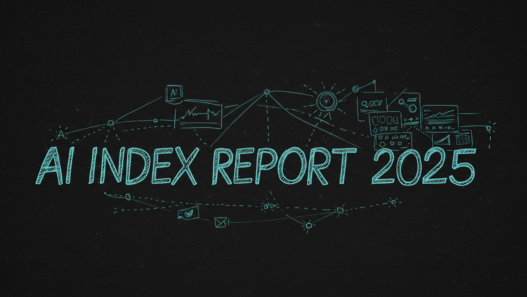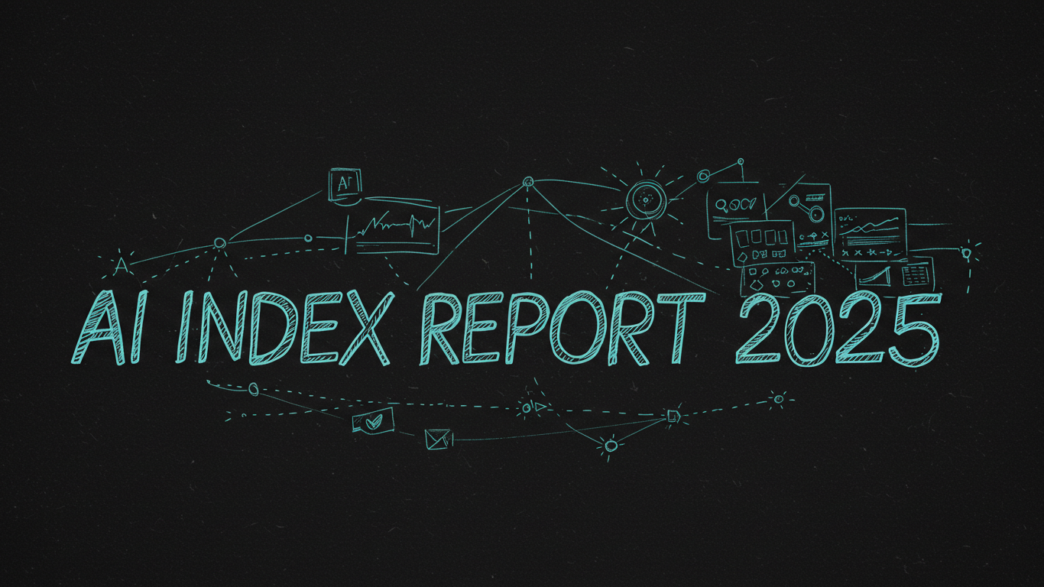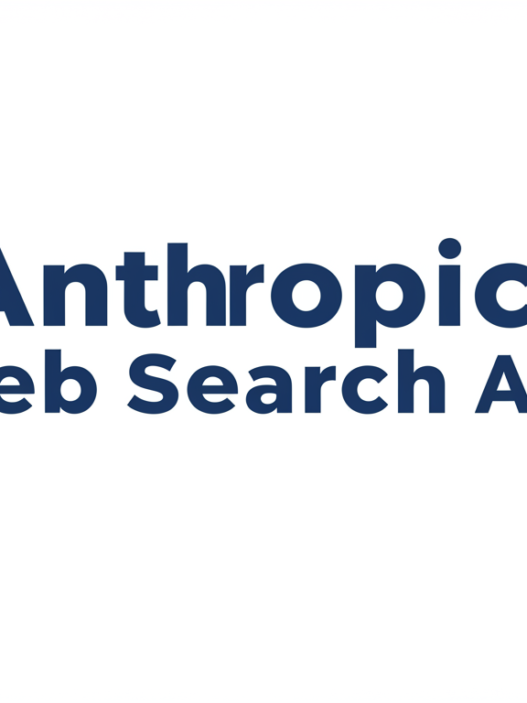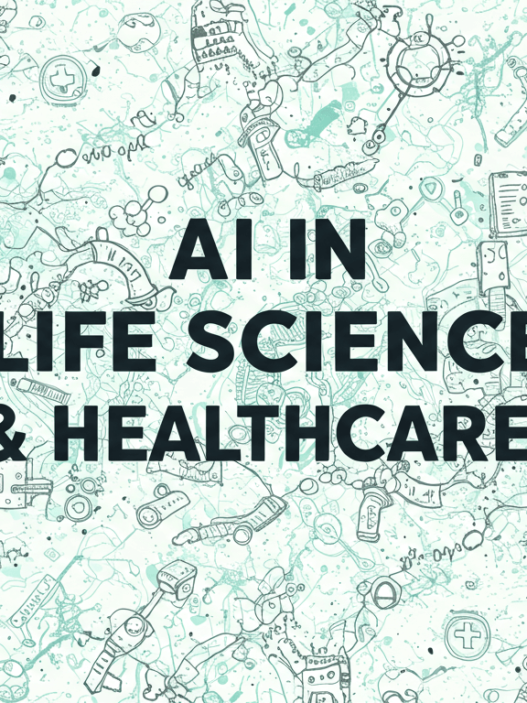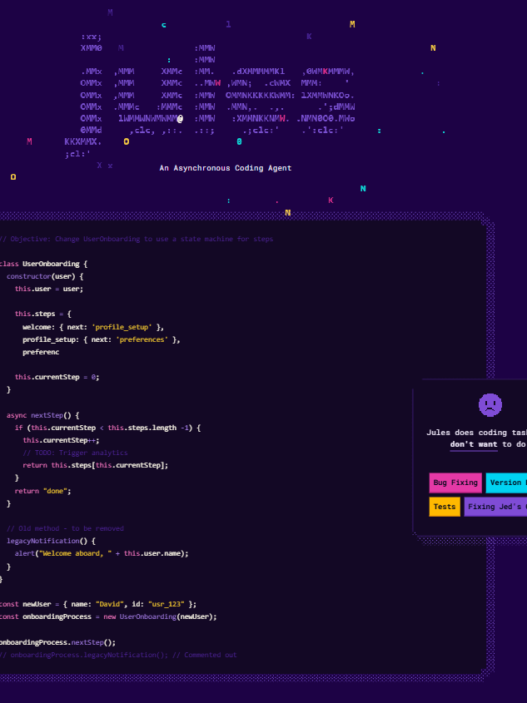TLDR: The AI Index Report 2025 highlights rapid advancements in AI, with industry leading model development and significant cost reductions. AI is achieving major technical milestones, showing increased adoption in various sectors, and impacting science and medicine. While public optimism is growing globally, regional differences persist, and concerns around responsible AI implementation are rising.
The AI Index Report 2025 from Stanford HAI examines AI’s growing societal, economic, and governance impact. This authoritative report offers data-driven insights for various stakeholders on AI’s present state, evolution, and future trajectory. The 2025 edition includes new analyses on hardware, costs, trends, responsible AI, and its role in science and medicine, highlighting current AI advancements.
Industry ascendancy and cost reduction

- Industry has solidified its dominance in AI model development, producing nearly 90% of notable models in 2024, a substantial rise from 60% in 2023, while academia continues to lead in highly cited core research, although industry contributions to these top publications have significantly decreased.
- The volume of AI research is expanding rapidly, with global AI publications in computer science more than doubling between 2013 and 2023 and AI patent filings experiencing substantial growth, with China leading in the total number of AI patents.
- The cost of utilizing advanced AI models has decreased dramatically, exemplified by the cost of querying a model comparable to GPT-3.5 falling by over 280-fold between late 2022 and late 2024.
- AI systems are achieving proficiency on challenging benchmarks at an accelerated pace and are surpassing human capabilities in specific domains such as competition-level mathematics and visual reasoning.
Technical Performance Milestones
The AI Index Report 2025 highlights rapid progress in AI benchmark performance. Success on the SWE-bench coding challenges dramatically increased from 4.4% in 2023 to 71.7% in 2024. Furthermore, AI models are surpassing human experts in complex domains such as competitive mathematics and visual commonsense reasoning on challenging benchmarks.
Responsible AI Landscape
Reported AI incidents reached a record 233 in 2024, a 56.4% increase from 2023. While organizations recognize RAI risks, operational implementation of safeguards lags behind commitments. Academic focus on RAI is growing, with related papers and security/safety submissions increasing significantly at leading AI conferences.
AI’s Expanding Economic and Societal Footprint
- Organizational AI adoption has surged, with 78% of respondents reporting AI usage in 2024, a notable increase from 55% in 2023. Generative AI implementation within business functions has more than doubled to 71%.
- Evidence increasingly indicates that AI adoption yields significant productivity improvements, spanning 10% to 45% across various applications. Notably, customer support agents using generative AI saw a 14.2% increase in resolved issues per hour, with AI adoption being most prevalent in higher-wage occupations.
- AI’s influence in science and medicine is gaining significant recognition, including Nobel Prizes for deep learning and protein folding applications. Models like ESM3 and AlphaFold 3 are continually enhancing protein prediction accuracy, and in certain studies, AI is surpassing physician performance on key clinical tasks.
Shifting Public Views on AI

- Growing Global Optimism: Worldwide, there’s increasing positivity towards AI products and services. In 2024, 55% believe they offer more advantages than disadvantages, a rise from 52% in 2022.
- Continuing Regional Discrepancies: Significant differences in opinion persist across regions. For example, China shows high optimism at 83%, starkly contrasting with the United States at 39%.
- Changing Sentiments in Select Nations: Interestingly, countries that were previously more doubtful about AI are now showing more positive attitudes. Since 2022, optimism has increased in Germany (+10%), France (+10%), Canada (+8%), Great Britain (+8%), and the United States (+4%). .
The 2025 AI Index Report reveals a dynamic field characterized by swift technological progress, expanding application, and ongoing societal and ethical discussions. The report emphasizes the need for continuous observation and data-supported analysis as AI’s impact on the world grows. The complete report, data resources, and analytical tools are accessible for further investigation.









